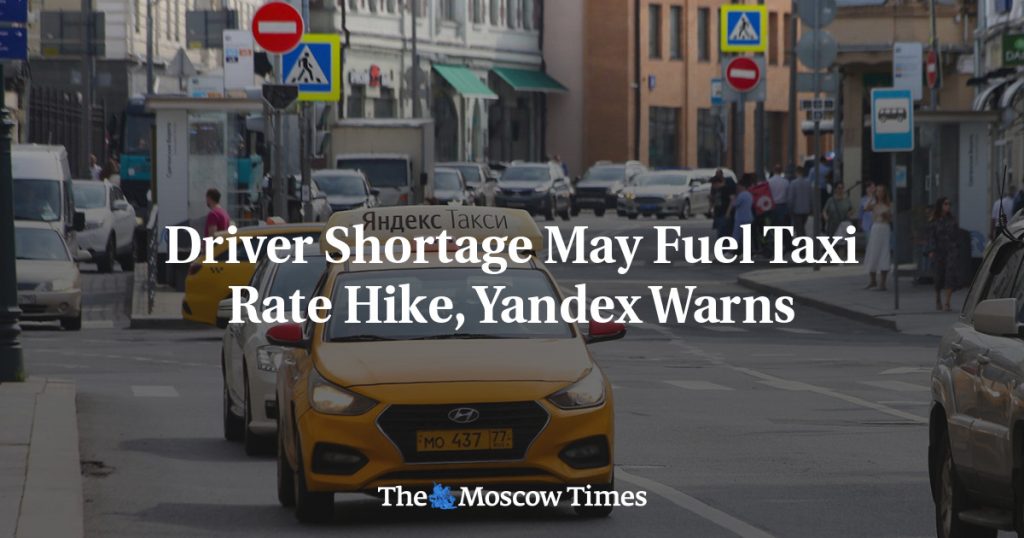Russia’s leading ride-hailing service, Yandex Taxi, is considering raising prices later this year due to a shortage of drivers. Anton Petrakov, a senior manager at the company, expressed concerns about tightening migration policies and new regulations impacting the availability of drivers. He warned that fare increases could be significant and vary by a substantial percentage year-on-year. Petrakov mentioned that the price hikes would likely be more pronounced during rush hour and towards the end of the year. The company is in discussions with regulators to address barriers that have led many drivers to leave the profession.
The Eastern Economic Forum in Vladivostok was the setting for Petrakov to discuss the challenges being faced by Yandex Taxi in attracting and retaining drivers. He emphasized the need to invest in measures that would motivate drivers to work during peak hours and alleviate the impact of the driver shortage. Recent bans on migrants working as taxi drivers in various regions of Russia have exacerbated the situation. The decision to prohibit migrants from taxi driving was influenced by a tragic attack near Moscow involving individuals from Central Asia, leading to a surge in anti-migrant sentiment.
The Moscow Times, a leading independent news outlet in Russia, is facing unprecedented challenges as the Prosecutor General’s Office has labeled it as an “undesirable” organization. The move to criminalize the work of The Moscow Times and its staff is seen as an attempt to suppress independent journalism in Russia. The publication has also been unjustly labeled as a “foreign agent.” Despite these obstacles, the journalists at The Moscow Times remain steadfast in their commitment to providing accurate and unbiased reporting on Russia. They are urging readers to support their work to defend open and independent journalism in the face of repression.
Yandex Taxi’s plans to potentially increase prices in response to the driver shortage highlight the broader impact of regulatory changes and anti-migrant sentiments in Russia. The company is seeking to address the challenges faced in attracting and retaining drivers, especially during peak hours. By engaging with regulators and advocating for changes that would make it easier for drivers to enter the profession, Yandex Taxi aims to mitigate the impact of the shortage on its services. The ban on migrant drivers in various regions underscores the complex interplay between security concerns, regulatory decisions, and the overall availability of drivers in the ride-hailing industry.
The dynamics of the ride-hailing market in Russia are evolving in response to a range of factors, including migration policies, security concerns, and regulatory changes. Yandex Taxi, as a leading player in the market, is navigating these challenges to ensure the continuity of its services and address the growing shortage of drivers. The potential price hikes forecasted by the company signal a shift in the cost structure of ride-hailing services in response to the changing landscape. As the industry adapts to these changes, stakeholders will need to collaborate to find sustainable solutions that balance the interests of both drivers and passengers while ensuring the safety and reliability of ride-hailing services in Russia.














